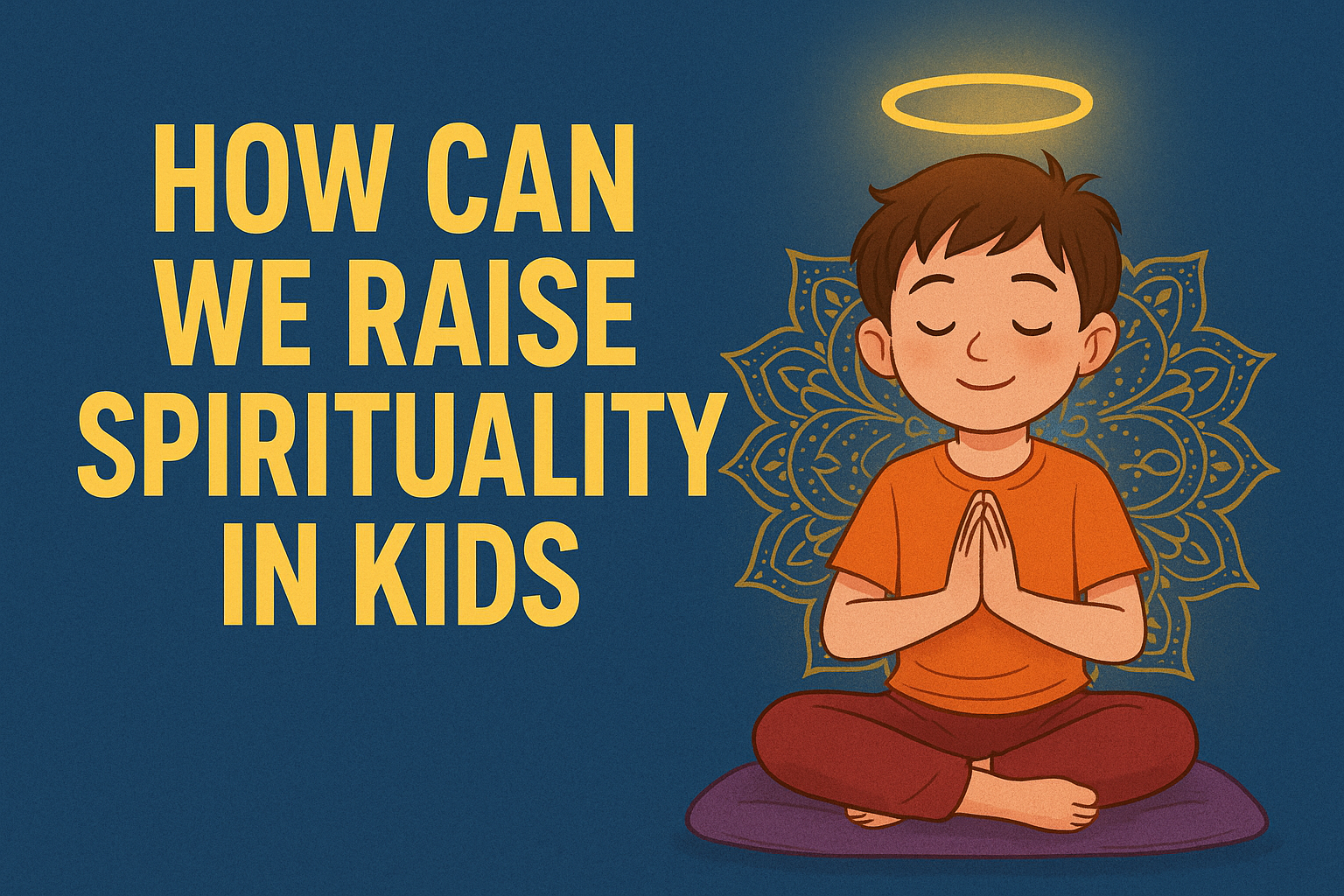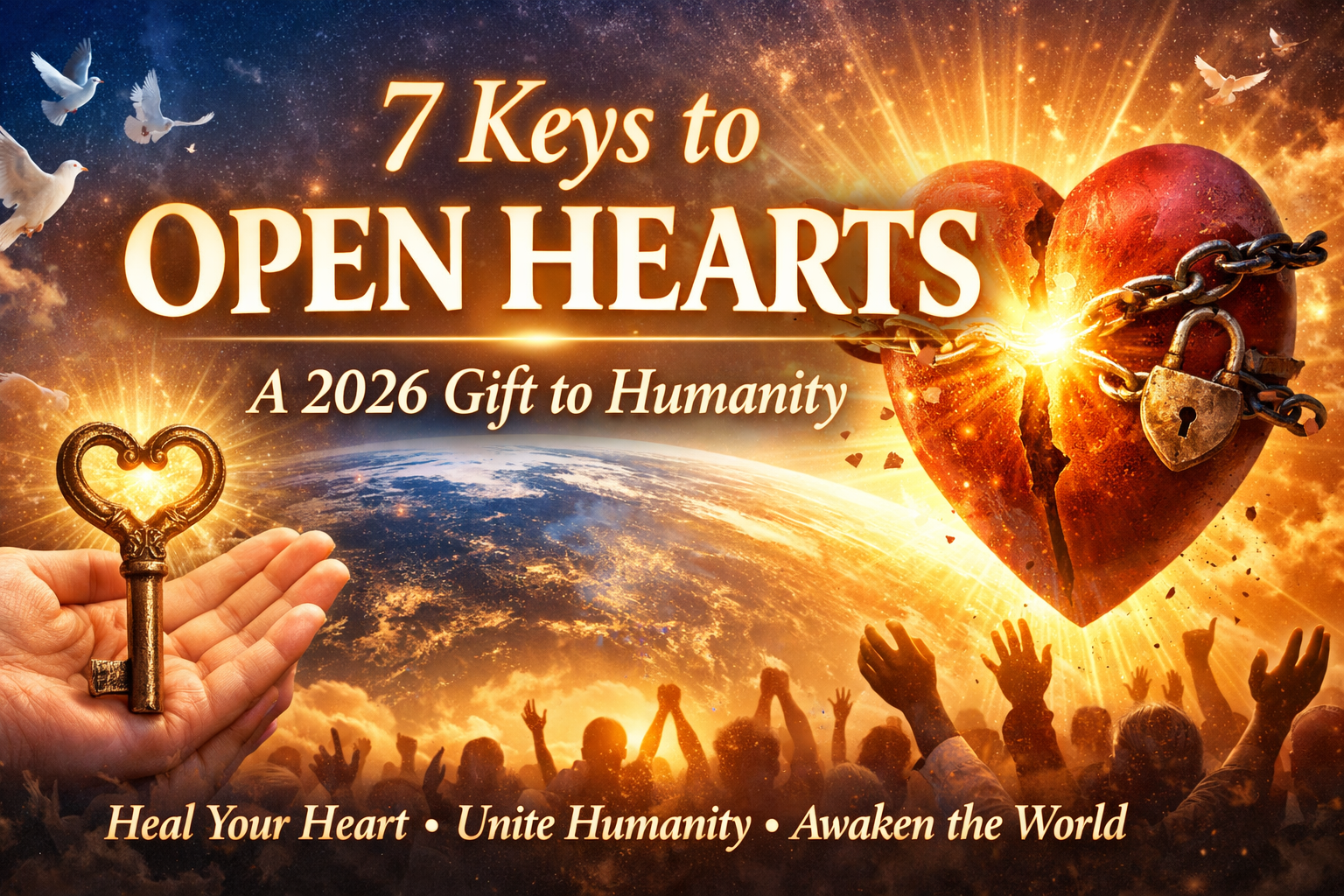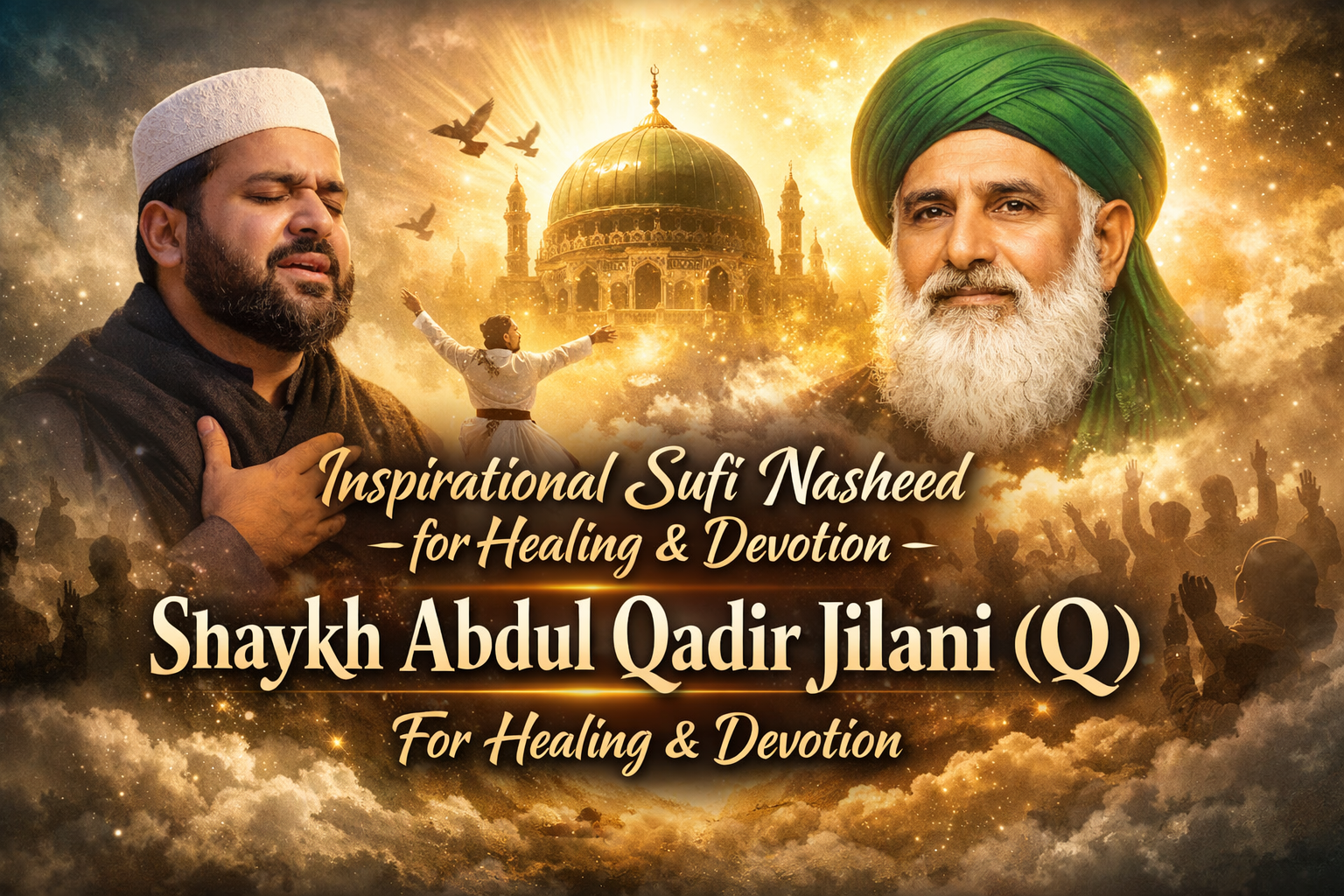Uncategorized
-
“Step-by-Step Reiki Healing: Yoga and Mantra Practices for Beginners to Masters”.
Reiki Level 1, 2, and 3 – A Simple and Complete Guide for Beginners Reiki is a gentle and loving healing method. It helps our body, mind, and soul feel calm, balanced, and peaceful. Reiki works with universal life energy, which flows through all living beings. In Reiki, there are three main levels: Each level…
-
“Stop Wasting Energy, Start Attracting Miracles: Semen Retention + Law of Attraction Explained”
Table of Contents Introduction Part 1: Understanding Semen Retention & Law of Attraction Part 2: Energy Transformation, Motivation, and Manifestation Part 3: Emotional Healing, Urges, and the Inner Journey Part 4: Daily Habits, Productivity, and Real-Life Manifestation Part 5: Relationships, Attraction, and Emotional Balance Part 6: Spiritual Growth, Inner Awareness, and Higher Purpose Part 7:…
-
“Why Your Mind Wanders During Sex – And How to Fix It Forever”.
How External “Vibes” Affect Intimacy and Relationships: Understanding the Brain and Love Intimacy is one of the most beautiful connections two humans can have. It’s not just about physical closeness—it’s about trust, love, and emotional bonding. But in today’s world, many couples face a hidden challenge: the mind drifting toward someone else, even while being…
-
“2026 Has Arrived… But Why Are Human Hearts Still Closed? (This Message Can Heal the World)”
7 Keys to Open Hearts A 2026 Gift to Humanity Introduction: The World Has Rusted Hearts Look around the world today.People are smiling, but their hearts are tired.People are talking, but they are not listening.People are connected by technology, but disconnected by love. Many hearts today are rusted. Rust does not come in one day.Rust…










